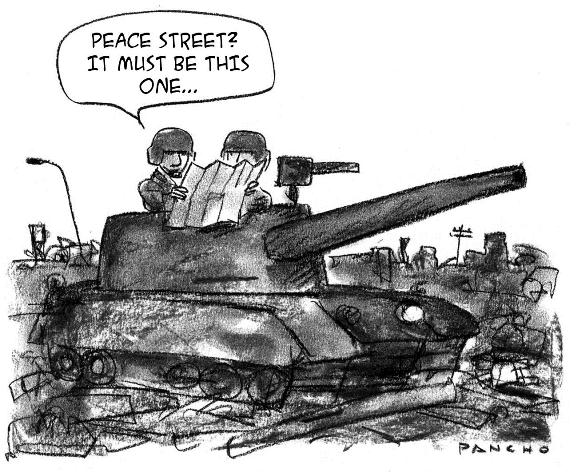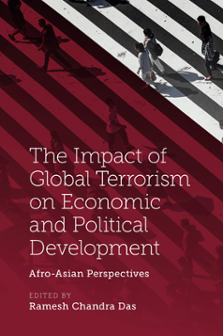Reference




OpenAI's Answer
Terrorism can function as economic warfare by targeting the economic stability and infrastructure of a nation, creating widespread disruption and financial losses. Here’s an overview of how terrorism operates as a form of economic warfare:
1. Direct Financial Impact
Terrorist attacks can cause immediate, direct damage to physical infrastructure, such as buildings, transportation systems, and utility networks. This destruction necessitates substantial financial resources for reconstruction and repair. For example, the 9/11 attacks in the United States resulted in the destruction of the World Trade Center, leading to enormous reconstruction costs and insurance payouts.
2. Disrupting Markets and Trade
Acts of terrorism can disrupt financial markets, reduce investor confidence, and destabilize economies. The uncertainty created by the risk of further attacks can lead to stock market declines and increased volatility. Trade routes may be targeted, leading to increased costs for security and delays in the supply chain.
3. Heightened Security Expenditures
In response to the threat of terrorism, governments and businesses often significantly increase their spending on security measures. This includes investments in military, police, and intelligence services as well as the implementation of more rigorous security protocols in public and private spaces. These expenditures can strain national and local budgets, diverting funds from other critical areas.
4. Impact on Tourism and Travel
Terrorism can negatively affect the tourism industry, as fear and perceived danger cause potential visitors to avoid certain destinations. The travel industry, including airlines and hospitality businesses, can suffer substantial losses as a result.
5. Psychological and Social Effects
The psychological impact of terrorism can alter consumer behavior and reduce economic activity. The loss of life, injuries, and widespread fear can lead to reduced public spending and investment, slowing economic growth. This is often seen in decreased consumer spending as people cut back on outings to public places such as shopping centers, restaurants, and entertainment venues.
6. Resource Allocation
Governments may be forced to shift resources to counter-terrorism efforts at the expense of other social programs like education, health, and infrastructure development. This reallocation can hinder long-term economic growth and development.
7. Long-term Economic Deterioration
Prolonged periods of terrorism can lead to lasting economic damage. Persistent threats and attacks can cause businesses to relocate or shut down, lead to lower foreign direct investment, and promote capital flight, where investors move their money out of the country to safer markets.
For further reading, the following resources provide more in-depth analysis and examples:
- Top 5 Ways Terrorism Impacts the Economy - Investopedia
- The Economic Costs of Terrorism
- Terrorism as Economic Warfare: America's Risky Business (PDF)
By understanding how terrorism functions as economic warfare, policymakers and businesses can develop strategies to mitigate these impacts and enhance resilience against such threats.
Follow Up
Related
Lý do chọn đề tài: chứng minh" nhận định hiệu quả kinh doanh bán hàng chỉ thực sự hiệu quả nếu tạo r
How did economic changes influence the population and development of North and South Carolina?
What were the political and economic impacts of the Korean War on the United States?
What conflicts arise from the interaction between economic interests and academia?
What are the primary economic activities that support Blumenort's local economy?